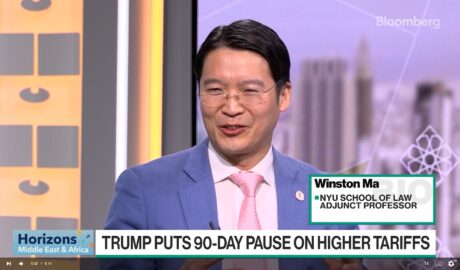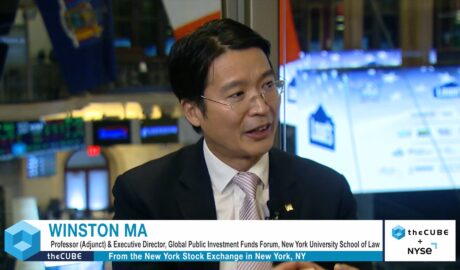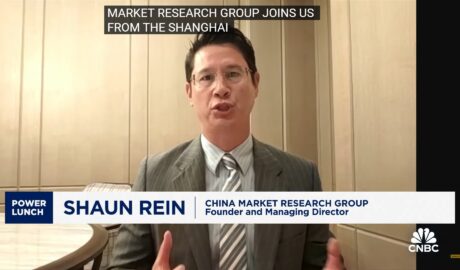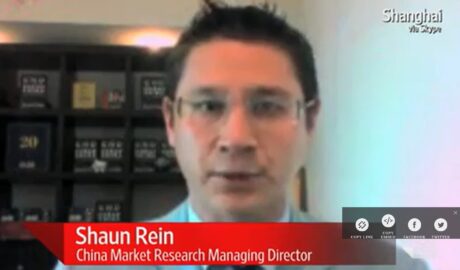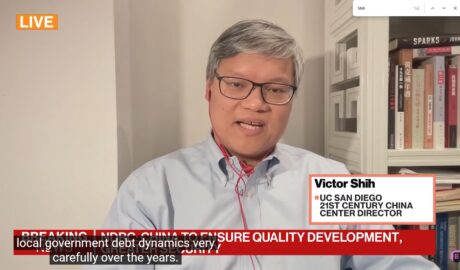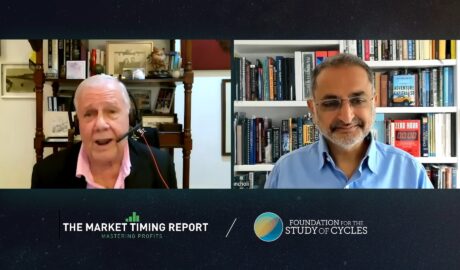How China has prepared for Trump’s new tariffs – Victor Shih
The jury is still out on whether Trump’s tariffs on imports from China will hurt the US or China more. But political analyst Victor Shih has seen how China has been anticipating the latest wave of tariffs, he tells CNN. “But China can sustain that (situation) much more so than American politicians can,” he said.Read More →


